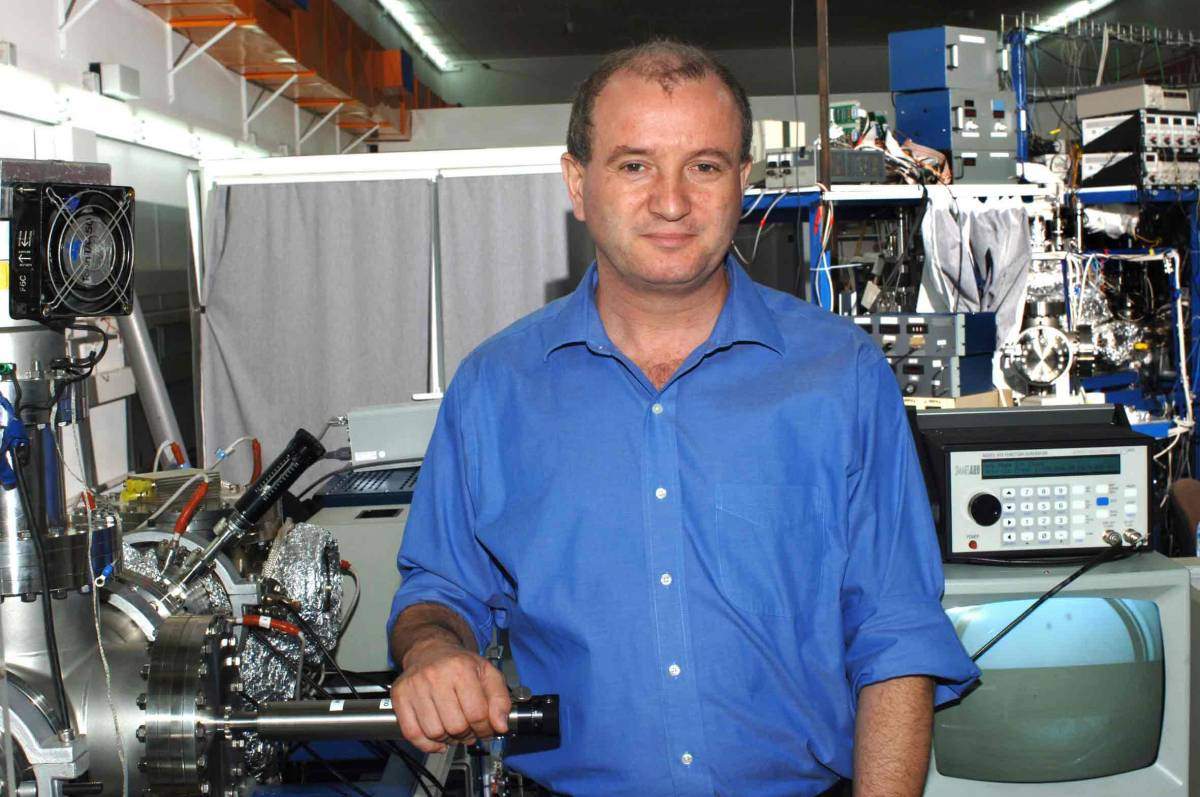Are you a journalist? Please sign up here for our press releases
Subscribe to our monthly newsletter:

Mr. Mandy Moross of London, Chair of the Board of Governors of the Weizmann Institute of Science, announced today that the Institute’s nominating committee has recommended to the Board of Governors that Prof. Daniel Zajfman be elected as the next President of the Weizmann Institute.
The committee’s recommendation comes at the end of a process that lasted a number of months. A search committee for president, which included scientific and lay members of the Board of Governors from Israel and abroad as well as additional faculty members from the Institute, has unanimously selected Prof. Zajfman as its choice for president. The recommendation of the search committee was confirmed by the nominating committee of the Board of Governors headed by Mandy Moross.
In accordance with the rules of the Institute, the election of the president will be approved by the full Board. Prof. Zajfman will serve as the tenth president of the Weizmann Institute, replacing the Institute’s current president, Prof. Ilan Chet. Prof. Chet’s term of office ends in Dec. 2006.
Prof. Daniel Zajfman was born in Belgium in 1959 and moved to Israel in 1979. He received a B.Sc. in 1983 and a Ph.D.in 1989 from the Technion, in Haifa, in atomic physics. He then completed post-doctoral research at the Argonne National Laboratory near Chicago. In 1991, he returned to the Weizmann Institute as a Senior Scientist in the Particle Physics Department.
In 1997, he was appointed Associate Professor and was promoted to Full professor in 2003. Today, he serves as Head of the Physics Services Unit. Since 2001, he has been an external member of the Max Planck Institute of Nuclear Physics in Heidelberg, Germany, and in 2005, he was appointed as a Director of the Max Planck Institute. In this capacity, he is currently overseeing a 4.5 million Euro project to construct an ion storage ring that will work at a temperature approaching absolute zero.
Prof. Zajfman's research focuses on the reaction dynamics of small molecules and how they influence the composition of the interstellar medium. He recreates the conditions of outer space in the laboratory using special devices called ion ‘traps’ or ‘storage rings.’ In these devices, he is able to briefly store and measure the properties of small amounts of material, as little as a few hundred atoms or molecules-worth, under the extreme conditions of interstellar space (especially very low temperatures and low densities). Some of his research has focused on the puzzle of how complex molecules are formed in outer space.
In addition to his research, Prof. Zajfman has invested much time and effort in community outreach, to the public in general and youth in particular. One of his goals is to broaden interest in and knowledge of the advances taking place on the scientific front.
Prof. Zajfman is married to Joelle, who has an M.Sc. in physics and works as a sculptor, and is father to Eyal (17) and Noga (15).